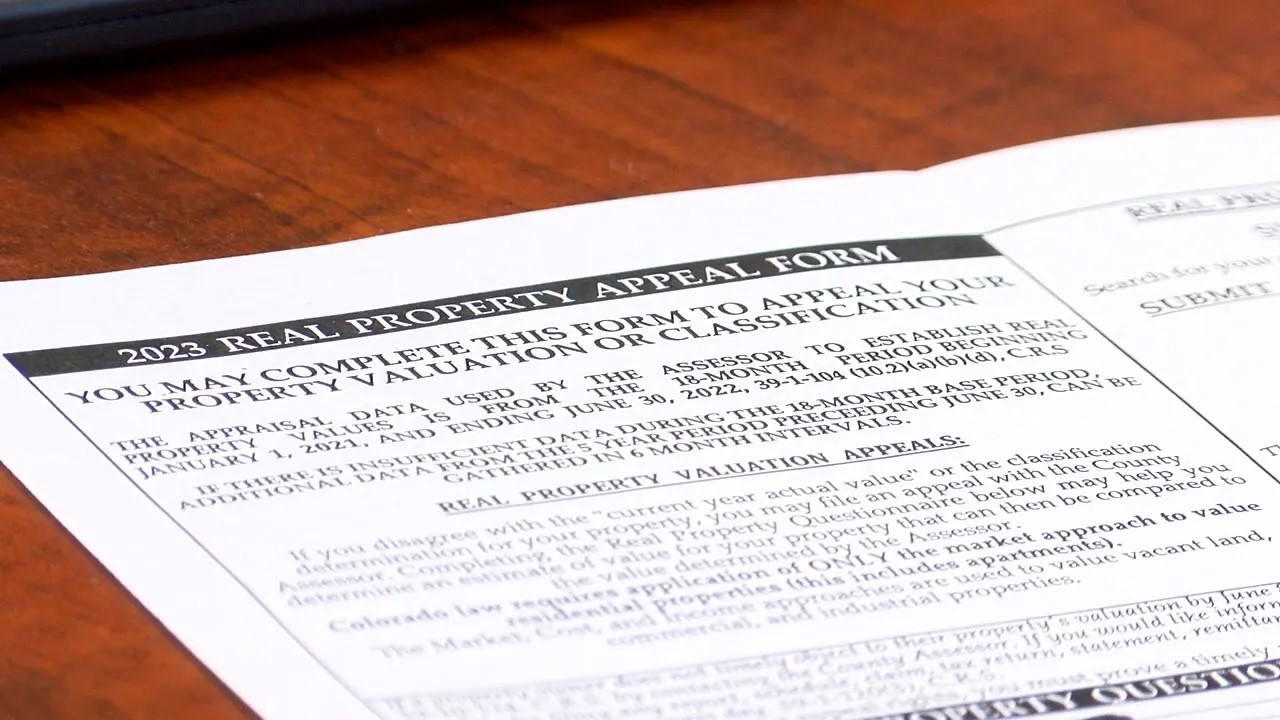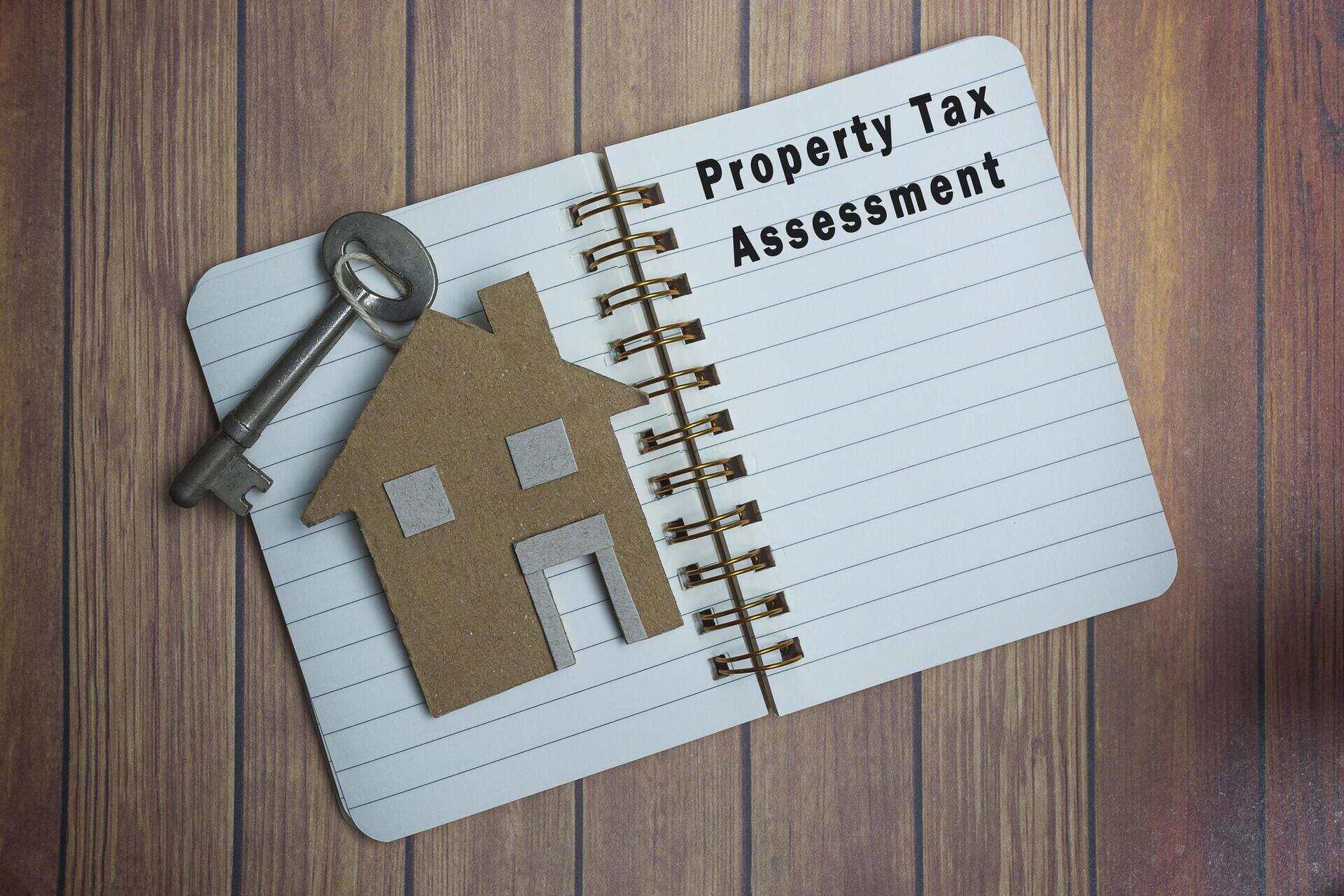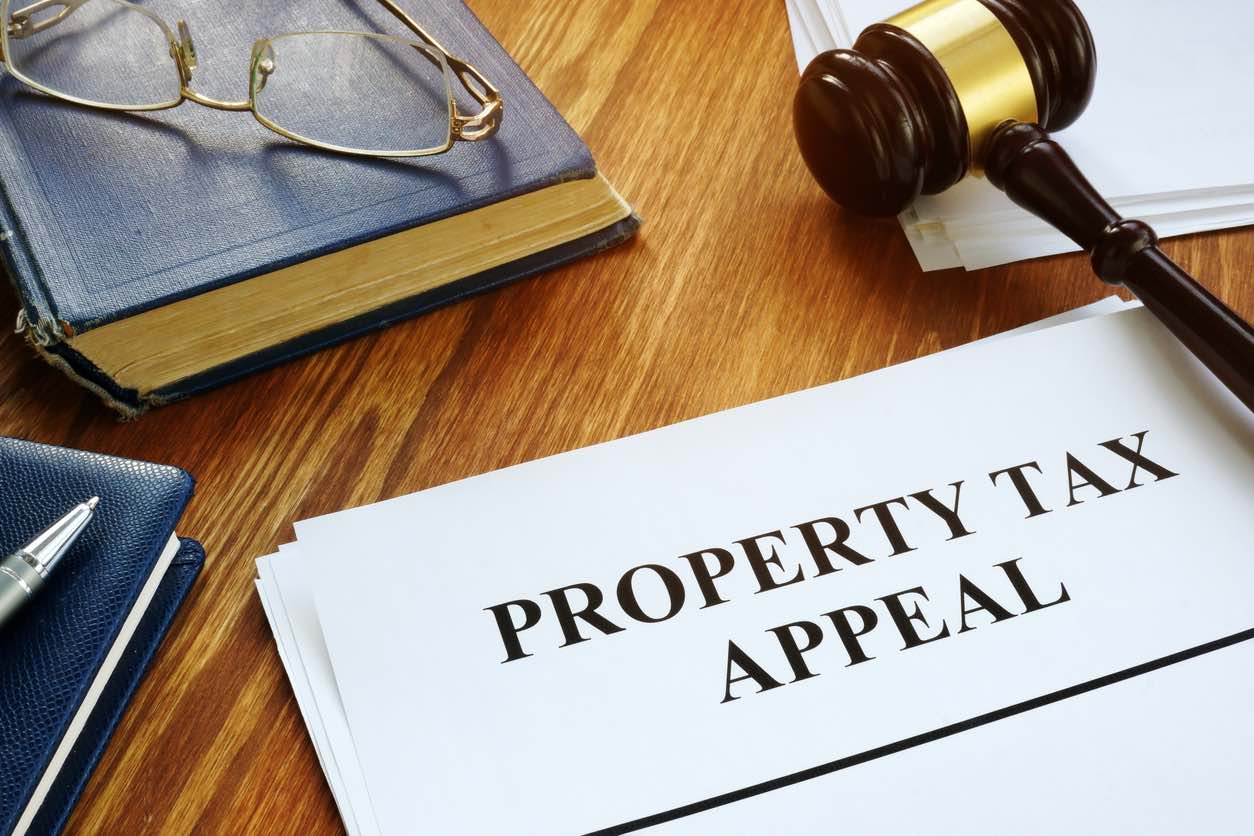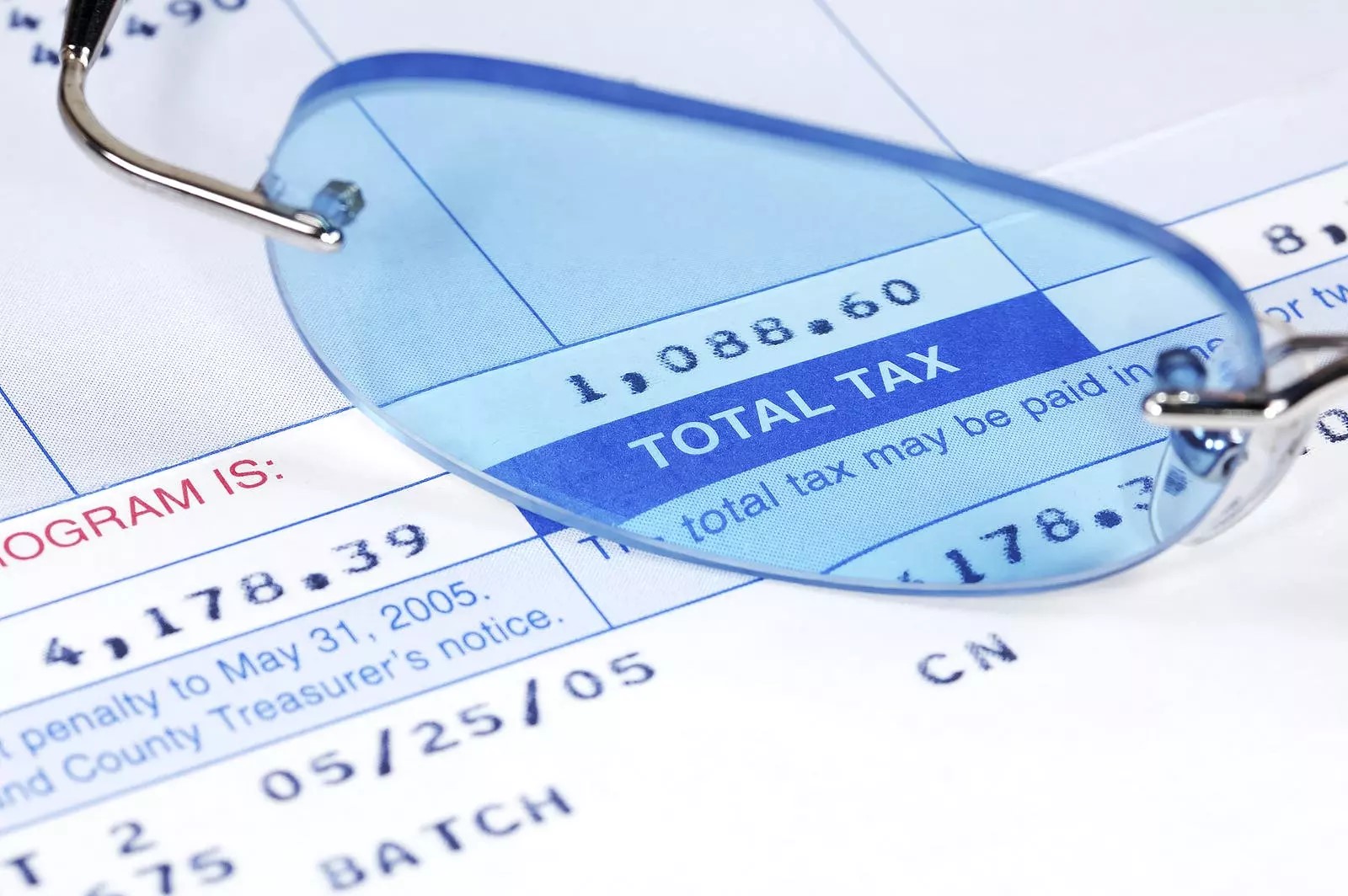Home>Ideas and Tips>Understanding Property Taxes: How To Appeal Your Assessment


Ideas and Tips
Understanding Property Taxes: How To Appeal Your Assessment
Published: September 26, 2024
Learn how to appeal your property tax assessment, understand valuation methods, and navigate the appeals process to ensure a fair tax bill.
(Many of the links in this article redirect to a specific reviewed product. Your purchase of these products through affiliate links helps to generate commission for Storables.com, at no extra cost. Learn more)
Property taxes are a significant expense for homeowners, and an inflated assessment can lead to a substantial increase in your annual tax bill. However, property owners have the right to appeal their property tax assessments if they believe the value is inaccurate. In this article, we will guide you through the process of appealing your property tax assessment, including understanding the assessment process, determining fair market value, and navigating the appeals process.
Property assessments are the foundation for calculating real estate taxes, which fund essential community services such as education and public safety. Local property assessors are tasked with establishing values for properties within their jurisdiction. These assessments are used to determine the tax rate, which is then applied to each property's assessed value to calculate the annual real estate tax bill.
For example, if a county has a billion dollars in assessed value and requires a $20 million budget to run its services, the tax rate would be 2%. If your property's assessed value is $1,000,000, your property tax bill would be $20,000.
Most states reassess properties annually, but some reassess on a two-year to five-year cycle. It is crucial to understand these assessment cycles and the deadlines for appealing an assessment. Assessment notices are typically sent to property owners, who then have a narrow window—usually 30 to 60 days—to review and contest the assessed value by a certain date. Missing this deadline can result in significant financial implications.
There are three primary approaches to property valuation:
- Cost Approach: This method estimates the value of a property based on the cost to replace or reproduce it. It includes the cost of land, improvements, and other factors.
- Market Approach: This method compares the subject property to similar properties that have recently sold in the market. It helps determine the fair market value by analyzing comparable sales data.
- Income Approach: This method estimates the value of a property based on its potential income-generating capabilities. It is commonly used for income-producing properties like rental apartments or commercial buildings.
To determine if your property's assessment is fair, you need to understand its fair market value. Fair market value is the price that a willing buyer would pay for your property in an open market transaction. Here are some steps to help you determine fair market value:
- Conduct a Comparative Market Analysis (CMA): A CMA involves analyzing recent sales of similar properties in your area. This analysis can help you understand whether your property's assessment is in line with market conditions.
- Examine Similar Properties: Look at other homes in your area that were built in the same year and have similar square footage and improvements. Compare these properties' values to your own to see if there are any discrepancies.
- Gather Documentation: Collect documentation such as photos, property records, and any other relevant information that supports your case. This documentation can be included with your appeal to help make your case.
You should consider appealing your property tax assessment if you believe that the assessed value is too high and does not accurately reflect the actual market value of your property. Here are some signs that you might need to appeal:
- Significant Increase in Assessment: If your property's assessment has increased significantly over the past year, it may be worth appealing to ensure that the new value is accurate.
- Inaccurate Market Value: If you believe that the assessed value does not reflect what your home could actually fetch on the real estate market, you should consider appealing.
- Comparison with Similar Properties: If comparable properties in your area have lower values, it may indicate that your property's assessment is too high.
It is crucial to know the deadlines for appealing your property tax assessment. These deadlines vary by jurisdiction but are typically within 30 to 60 days from the date the assessment notice is mailed. For example, in DeKalb County, Georgia, homeowners receive their assessments in May and have until July to appeal them. In Texas, assessments are generally sent out in April, and homeowners have until the middle of May to contest them. In South Florida, homeowners only have 25 days from the date a notice is mailed to file a petition with an appeals board.
While some homeowners decide to conduct the appeal themselves, others may opt to hire a third party who can take on the appeal for them. Hiring a third party often involves paying a nominal fee, which is usually a percentage of the money saved if the appeal is successful. However, if you decide to do it yourself, you might be charged a small administration fee by your county in exchange for taking up the appeal.
Appealing your property tax assessment involves several steps:
- Review Your Assessment Notice: Carefully review your assessment notice to understand the basis of the valuation and any information provided.
- Gather Evidence: Collect all necessary evidence to support your case, including comparable sales data, property records, and any other relevant documentation.
- Contact the Assessor's Office: Reach out to the assessor's office to inquire about their procedures and any specific requirements for filing an appeal.
- Submit Your Appeal: Fill out the necessary forms and submit your appeal application along with supporting evidence.
- Attend a Hearing (if required): If your appeal is not resolved informally, you may need to attend a hearing before a local appeals board to present your case.
- Follow Up: After submitting your appeal, follow up with the assessor's office to ensure that your case is being processed and to get updates on the status of your appeal.
The appeal process can be lengthy and involves several stages:
- Initial Review: The assessor's office will initially review your appeal to determine if it meets the necessary criteria for further review.
- Informal Discussion: If your appeal is not resolved immediately, you may be asked to participate in an informal discussion with the assessor to present evidence supporting a value reduction.
- Formal Appeal: If the issue remains unresolved, you can file a formal appeal with the local appeals board. This typically involves submitting additional documentation and attending a hearing.
- Court Appeal (if necessary): If your appeal is denied at the local level, you may need to appeal to court. This typically involves hiring a property tax attorney and an appraisal expert.
The cost to appeal a property tax assessment varies depending on your county's rules and whether you hire a third party. In some areas, filing the appeal itself is free, but you may need to have a full appraisal of your property to support your claims, which can cost between $300 to $800. Hiring an attorney can also incur additional legal fees, which can range from hundreds to thousands of dollars depending on the complexity of the case and the attorney's experience.
Common mistakes to avoid when appealing your property tax assessment:
- Missing Deadlines: Failing to meet the deadline for filing an appeal can result in losing your right to challenge the assessment.
- Lack of Evidence: Not gathering sufficient evidence to support your case can weaken your appeal.
- Inaccurate Documentation: Providing inaccurate or incomplete documentation can lead to your appeal being denied.
- Not Following Local Requirements: Failing to comply with local requirements for filing an appeal can cause delays or rejection of your case.
Appealing your property tax assessment is a viable option if you believe that the assessed value of your property is too high. Understanding the assessment process, determining fair market value, and navigating the appeals process effectively can help you achieve a fair and accurate assessment of your property's value. While the process may seem complex, it is essential to protect yourself from potentially paying more than your fair share of property taxes. By following these steps and avoiding common mistakes, you can successfully appeal your property tax assessment and lower your tax bill.
Recommended Resources
- Bankrate: "How To Appeal Your Property Tax Assessment" – Provides detailed information on how to appeal property tax assessments, including deadlines and the process of gathering evidence.
- CLA Connect: "What to Know Before Filing a Real Estate Tax Appeal" – Offers insights into the property tax appeals process, including the three approaches to property valuation and the importance of understanding local deadlines.
- Heller & Consultants Tax Grievance Group: "15 Pro Tips for Appealing Your Property Tax Assessment" – Offers expert tips on how to successfully appeal a property tax assessment, including knowing how your municipality's assessment works and comparing local properties.
By understanding these resources and following the steps outlined in this article, you can effectively navigate the property tax appeals process and potentially lower your tax bill.
Was this page helpful?
At Storables.com, we guarantee accurate and reliable information. Our content, validated by Expert Board Contributors, is crafted following stringent Editorial Policies. We're committed to providing you with well-researched, expert-backed insights for all your informational needs.

















0 thoughts on “Understanding Property Taxes: How To Appeal Your Assessment”